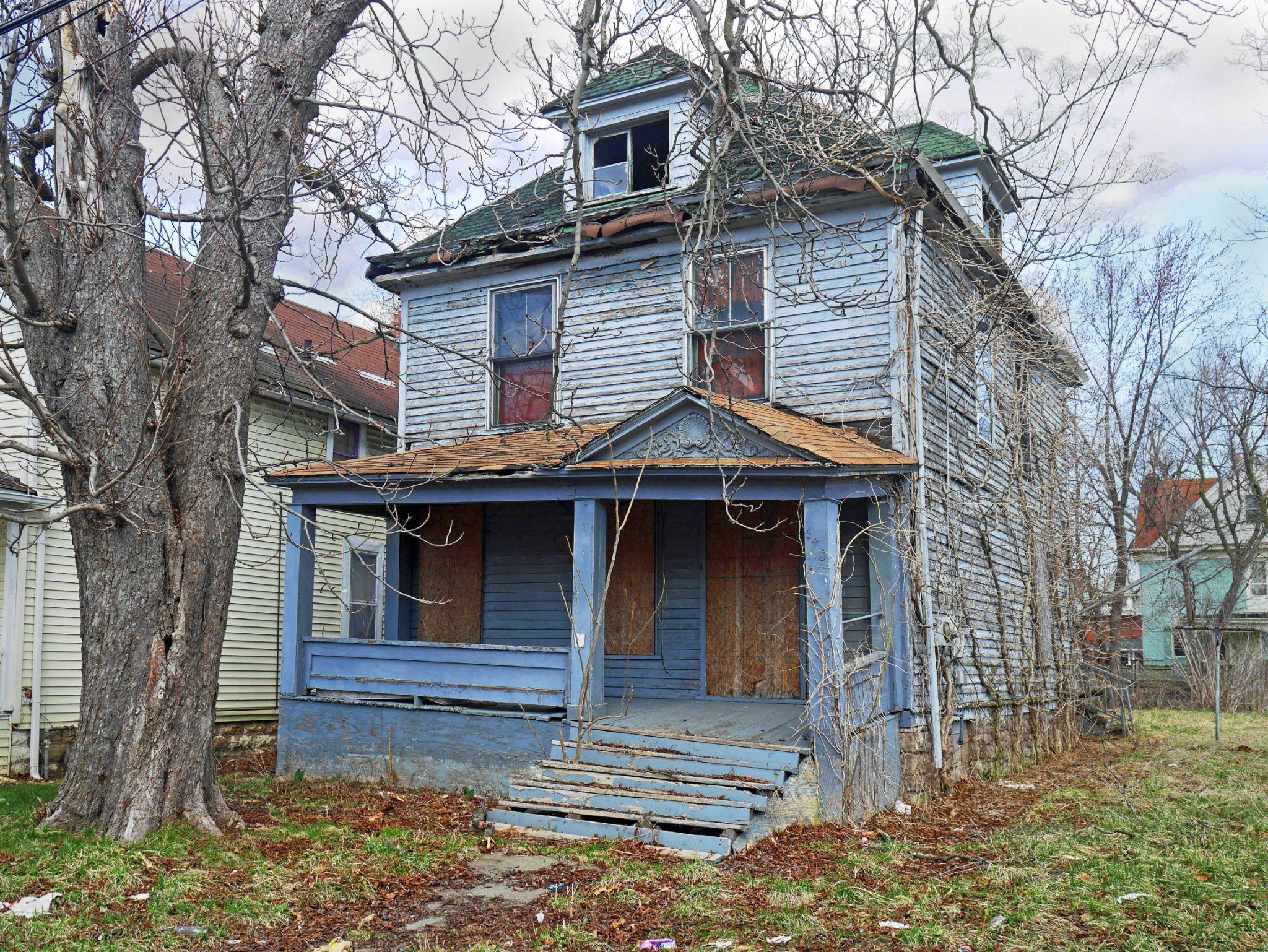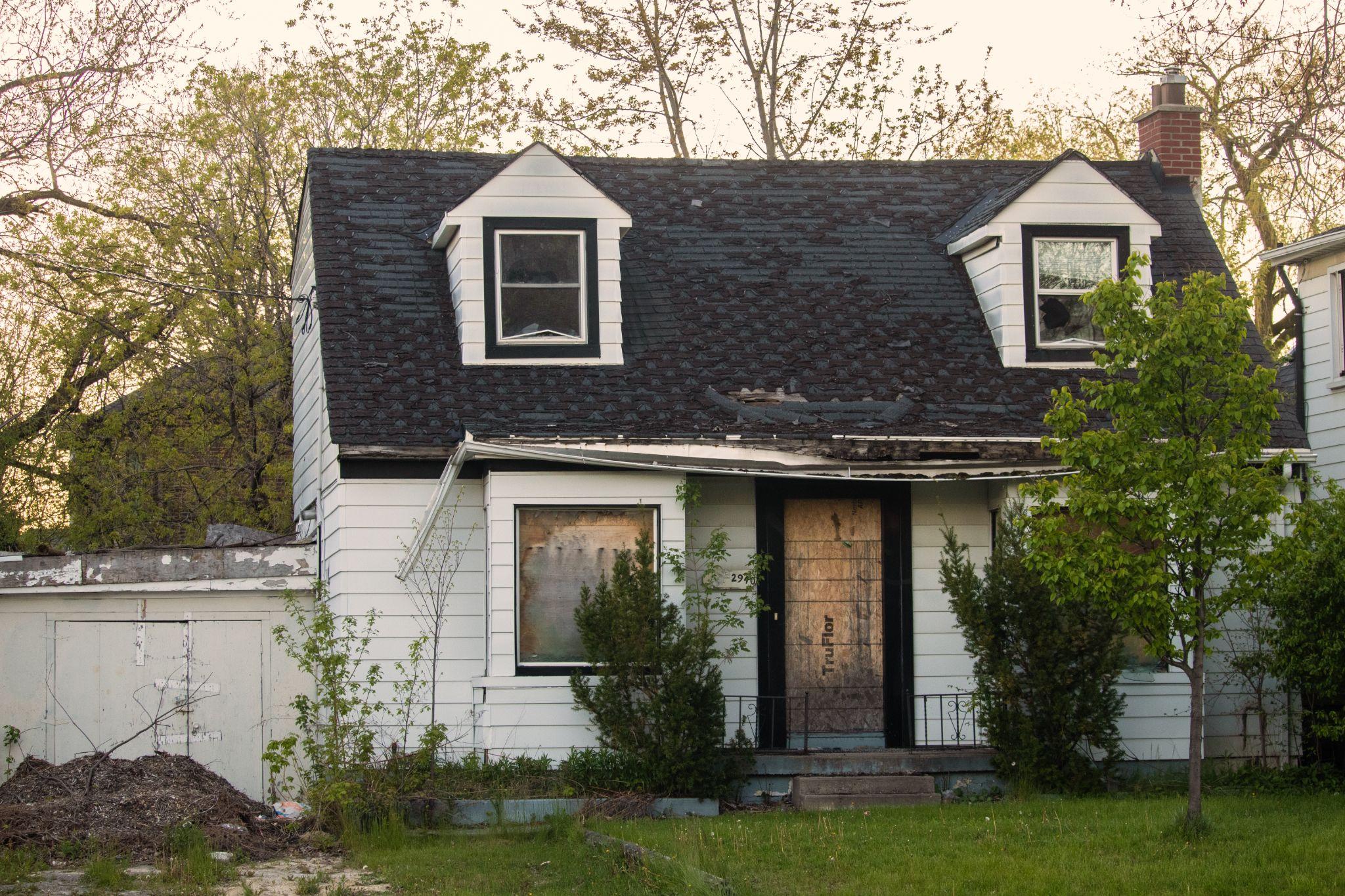Selling a condemned house can feel like an uphill battle. Between structural damage, code violations, or serious health hazards, it’s no surprise many homeowners feel stuck. But even if the property has been labeled unfit to live in, you still have options. From making repairs and listing traditionally to selling directly to investors, we’ll walk you through the most practical paths forward.
What Does It Mean for a House to Be Condemned?
A house is condemned when local authorities determine that it is unsafe for human habitation. This legal declaration can result from major structural issues, severe mold or pest infestations, extensive fire or water damage, or long-term neglect.
Once a property is condemned, no one is legally allowed to live there until all safety violations are resolved and the home complies with local building codes.
Can You Sell a Condemned House?
Yes, you can sell a property even if the home is condemned. However, you must follow local laws and regulations set by your city or county. A condemned home is still legally owned by you, but transferring ownership may require meeting specific conditions.
Before listing the property or contacting buyers, check with your local housing or code enforcement office to understand the rules in your area. Some jurisdictions require written disclosure of the home's condition, while others only allow the sale if the buyer agrees to complete necessary repairs. In certain cases, inspections or municipal approvals may be required before a transfer can take place.

Your Options for Selling a Condemned House
If your house is condemned, there are several selling options depending on your specific situation.
Repair and List
If the issues are manageable, you may be able to make the necessary repairs and list the home on the open market. This option can work if the house condemnation was due to fixable problems like outdated wiring, minor water damage, or isolated code violations.
Keep in mind that repairs typically require permits, licensed contractors, and city inspections. In many cases, you’ll also need approval from your local housing authority to lift the condemnation order before the property can be marketed or sold. If the damage is extensive, the repair costs might exceed the home’s market value.
Sell to a House Flipper or Wholesaler
You can also sell the condemned home to an investor who specializes in distressed properties. House flippers and wholesalers often purchase properties in poor condition at a discounted price, with plans to renovate and resell them.
This route can be faster and less complicated than a traditional sale. However, it’s still important to follow local laws—some jurisdictions may require the buyer to submit a rehabilitation plan or agree to correct violations within a set timeline before the transfer is approved.
Sell to a Cash Buyer
For the fastest and least stressful option, consider working with a professional cash buyer. Many cash buyers are familiar with buying condemned homes and are willing to purchase properties as-is—without requiring repairs, agents, or traditional buyer financing.
While local regulations may still require certain inspections or documentation before the sale can be completed, experienced buyers typically know how to navigate these rules and may even handle the paperwork on your behalf.
Cash sales often close in just a few days, and sellers can avoid many of the headaches and delays associated with conventional home sales. If you’re looking for a simple way to move on from a condemned property, this route is often the most straightforward.
Quickly and Easily Sell Your Condemned House for Cash Today
If your home is condemned and you need a solution now, 800CashToday is ready to help. As a trusted cash home buyer, we purchase properties in as-is condition. That means no repairs, no real estate agents, and no delays. We buy houses for any reason, including those that have been condemned. Skip the stress and contact 800CashToday to receive a fast and fair cash offer.



